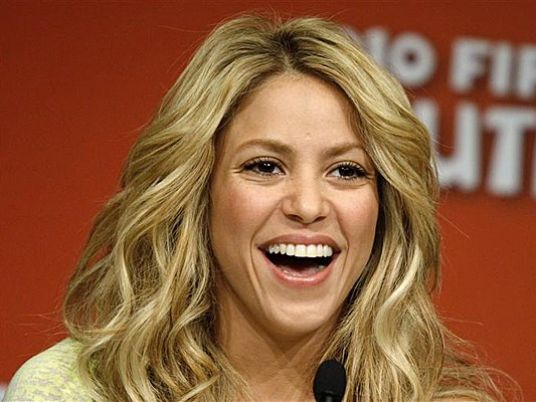
Embattled Venezuelan President Nicolas Maduro announced an agreement Wednesday with the International Committee of the Red Cross to bring humanitarian aid into a once-rich country now enduring acute shortages of food, medicine and such basics as soap and toilet paper.
As the economy of the oil-rich nation implodes, Maduro is locked in a power struggle with the increasingly popular leader of the opposition, national assembly speaker Juan Guaido.
In an about-face, Maduro said on national TV and radio that his government and the Red Cross had agreed “to work together with UN agencies to bring into Venezuela all the humanitarian aid that can be brought.”
Maduro denies that Venezuela is suffering from a humanitarian crisis and blames US sanctions for its economic woes.
Guaido is now recognized as Venezuela’s legitimate interim president by more than 50 countries, led by the US.
He blames government incompetence and corruption for his country’s crisis.
Previous aid effort foiled
In January, Guaido tried to spearhead a drive to bring in donated food and medicine from Colombia, Brazil and the island of Curacao but the effort failed as the army, which is loyal to Maduro, blocked shipments at the border.
Maduro argued that letting in such assistance, much of it provided by the US, would be the first step towards a US intervention.
Guaido is pressing the military to dump Maduro and side with the people.
Maduro is a former bus driver who worked his way up the political ranks and is the handpicked successor of the late socialist firebrand Hugo Chavez.
In his announcement Wednesday, Maduro said this new aid campaign should be “managed without political maneuvering, without farcical politicization and through the channels of legality and respect.”
A quarter of Venezuela’s 30 million people are in urgent need of humanitarian aid, an internal UN report said last month.
UN estimates say 3.7 million Venezuelans are malnourished and 22 percent of children younger than age five suffer from chronic malnourishment.
Besides the shortages of food and medicine, Venezuela is saddled with hyperinflation running at an estimated 10 million percent this year. That leaves people’s wages all but worthless.
Last week the Red Cross issued a statement saying it was “concerned by the serious impact” that the situation in Venezuela was having on people especially those without access to basic services.
The government is saddled with a drop in revenue from oil — the source of 96 percent of its hard currency — and its banishment from financial markets because of US economic sanctions.
The US increased pressure on Maduro Wednesday as Vice President Mike Pence asked the United Nations to recognize Guaido as the legitimate leader of Venezuela, telling the Security Council: “Nicolas Maduro must go.”
Washington will present a draft UN resolution aimed at recognizing the opposition leader, revoking the credentials of Maduro’s UN envoy and appointing Guaido’s representative as the ambassador to the world body, Pence told the council.
“The time has come for the United Nations to recognize interim president Juan Guaido as the legitimate president of Venezuela and seat his representative in this body,” Pence said.
Maduro shot back by saying in a televised speech that he had seen Pence “making a fool of himself in the United Nations Security Council” with his appeal.
“I cannot understand his arrogance and self-importance, his racial supremacism,” Maduro said.
He has maintained control with support from the military, Russia and China. Russia last month sent troops to Caracas, raising tensions between Washington and Moscow.
President Donald Trump has repeatedly said all options are on the table, hinting at US intervention in Venezuela.
Venezuel’s collpase has driven more than 3.4 million people from the country and that figure is expected to reach 5.3 million by the end of the year, according to the UN.




